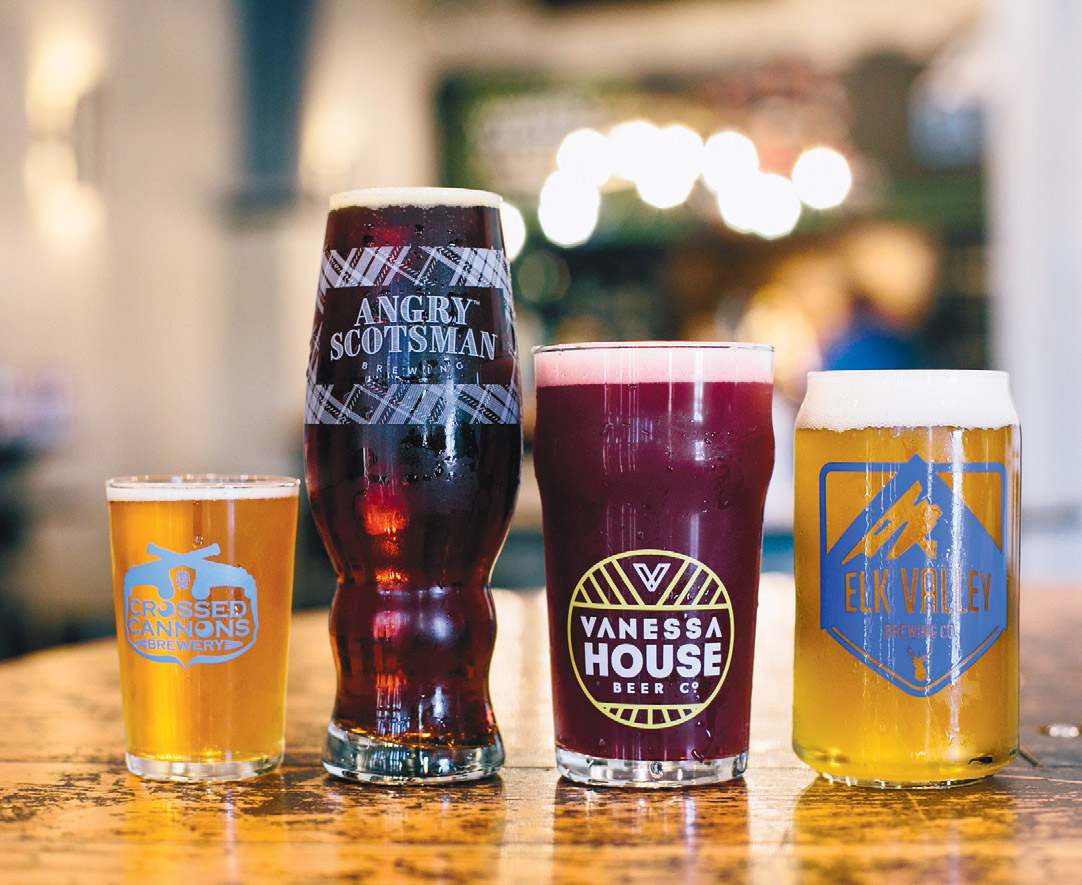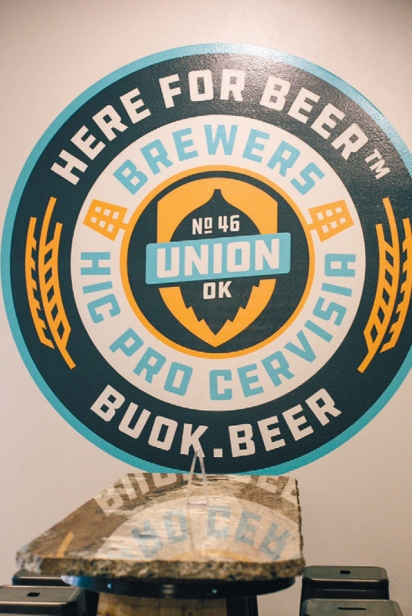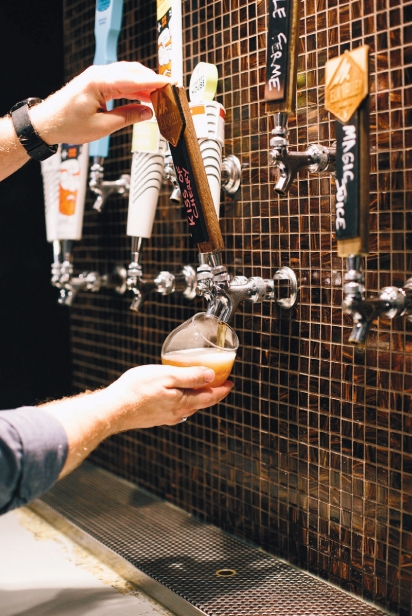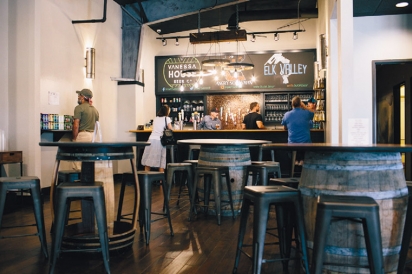Brewer’s Union
It’s easy to take beer for granted as a commodity. It’s just always there, in bottles or cans on the shelf or in foamy draughts at the bar. Like a loaf of bread at the supermarket, it’s something we readily consume yet rarely pause to consider what it takes for the product to make it into our lives.
And just like bread, there are international conglomerates mass-producing serviceable-but-bland products, and then there are the local artisans who put time, love, care, and creativity into their craft. Anyone who has tried to make bread at home knows that it’s quite difficult to do it well and consistently. The same goes for people who have dipped their toes into home brewing and discovered how many batches it takes to even start understanding the nuances.
The journey from starting as a home brewer to running a full-fledged brewery can be very long, challenging, and expensive. There are several unexpected hurdles, such as changing recipes when scaling up brew batches, finding proper distribution and marketing, and weaving throughout the labyrinth of legal restrictions.
Since 2017, the Brewers Union, located at 520 N. Meridian in Oklahoma City, has opened its doors to fledgling beer brands that are trying to establish themselves. With a fifteen barrel system, the BU is churning out just shy of 100 barrels of beer per month for four different brands. Elk Valley Brewing, Vanessa House Beer Co., and Angry Scotsman Brewing all currently have their own facilities in various stages of construction. Newcomers Crossed Cannons Brewery has recently moved into the space.
Brad Stumph, owner of the BU, describes its mission as serving as “incubator” to the local craft beer scene. With his previous experience as a co-founder of Black Mesa Brewing, Brad understands the nuanced challenges of opening a brewery and provides a building where start-up businesses can navigate those difficulties more easily than they would if out on their own.
“There’s a huge difference between brewing beer and selling beer, and learning the business of the craft beer industry, and thinking of everything from branding, design, to moving beer through the three-tier distribution system,” Brad says. “When they decide to join the Brewer’s Union, they know that they have to holistically look at the brewery as a business.”
There is little glamour in making beer. It’s an act of love and a commitment to your craft, and there’s a lot of manual labor, trial and error, and constant cleaning. Outside of getting it right inside the brewhouse, a company must also make its brand visible and available to the right consumers, which is no easy feat in an age where you may be competing against ten other local breweries all vying for the precious spots on bar taps and shop shelves.
Ross Harper, owner of Angry Scotsman Brewing, came up through the Red Earth Brewers, which is an Oklahoma City-based homebrew club. He began homebrewing in 2005, shortly after he moved to Oklahoma. It was an entirely different era for the industry, and as Ross says, “I realized the only way to get good beer was to make it yourself.”
After competing for several years and showing off his skills at the Oklahoma Craft Beer Festival, Ross joined the Brewer’s Union to get his brand started. Although he now has a brewery that will be opening soon in Downtown OKC, the decision to begin at BU has kickstarted his company.
“This place has been very worthwhile for us. We’ve learned, we’ve got experience, we’ve got a much bigger market share,” Ross explains. “It won’t be seamless, but it will be much easier than starting from scratch by myself. Could I have waited a year and built my own place down the road? Absolutely. Would I be in a better position? Definitely not.”
The Brewers Union also functions as a taproom, exhibiting different beers from the breweries housed inside. This provides the rare experience of visiting a brewery taproom and having four different brands to try.
Benny Jacobs, who manages the taproom, sees a diverse crowd in the building every day. Neighborhood regulars, homebrewers, and plenty of people from out of town all enter, eager to taste a wide variety in one building.
“They’re typically very educated, and they know what they want,” Benny elucidates. “They want to have a conversation about beer. They want to talk about it, they want to talk about the process of it, they want to talk about what hops are in it. When was the last time you went to a bar in Oklahoma City and could sit there and talk about hops?”
As the Brewers Union grows, Brad Stumph plans to provide more services than simply offering a place to make and sell beer. With the buying power of four breweries, it will be cheaper and easier to purchase common ingredients like base malt. He also intends to provide training opportunities, such as simple bookkeeping and accounting, skills integral to any new business owner.
So the next time you’re staring at the taps at your local watering hole, or perhaps the cans at your liquor and grocery stores, keep an active eye out for these new up-and-comers. These small breweries are doing interesting work, and your support can help take them to the next level.









